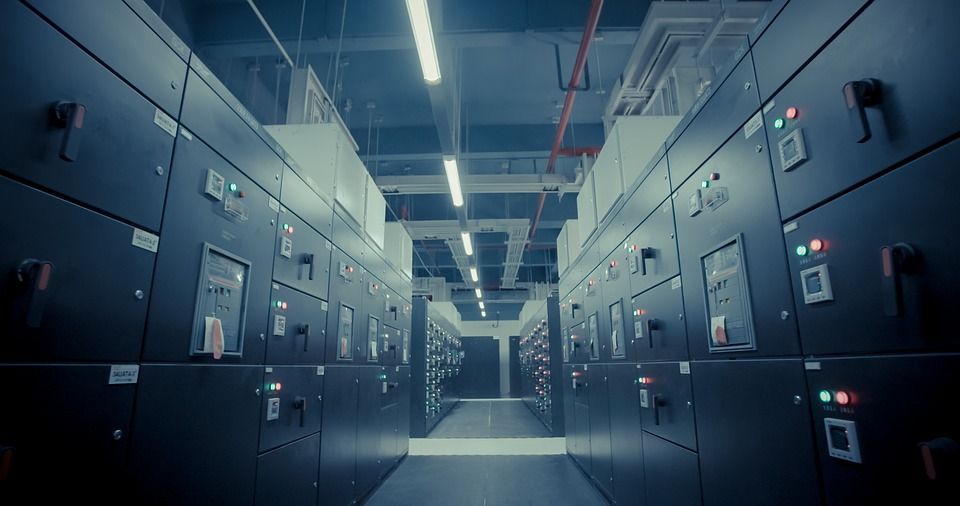Much to the delight of local mayors, a number of global IT giants such as Apple, Google and Facebook have decided to locate massive data centres in Denmark.
As well as supposedly creating much-needed jobs in the provinces, there was also the promise of excess heat from the plants being channelled into the district heating system.
READ ALSO: Apple to build yet another huge data centre in Denmark
Now the picture is not looking so rosy, according to research by Ingeniøren.
A lot of hot air?
Despite repeated promises from ministers, the only one with concrete plans to utilise surplus heat is Facebook’s data centre in Odense, where 100,000 MWh of energy will be reclaimed – enough for 6,900 homes.
The problem is that the positioning of the centres has mostly been decided on with regards to issues such as stable and cheap electricity, according to Ingeniøren’s research into the co-operation between Invest in Denmark and Apple.
“The really big data centres are being situated where there is excellent access to electricity. District heating has just not been a priority, and there is too little or no focus on what the potential is for getting something out of the surplus heat,” said chief analyst Nina Detlefsen from the Danish district heating think-tank Grøn Energi.
Increased power consumption
As well as losing out on the surplus heat dividend, the centres are also going to increase Denmark’s power consumption substantially.
The estimated consumption for the centres built by Apple, Facebook and Google in 2030 would be 7.5 Terawatt-hours – or the equivalent of the power used by 1.9 million households.
According to Dansk Energi, it will be necessary to build 700 new turbines on land or 200 at sea to provide enough green energy, reports Jyllands-Posten.
Not that many jobs
There is also some doubt about how many jobs will actually be created by these mega-consumers of power. According to Computerworld these centres rarely create more than a few hundred jobs.
READ ALSO: Another massive data centre heading to Denmark
In Viborg, not including temporary jobs created during the construction phase, it is estimated that the Apple centre will create around 300 jobs.















